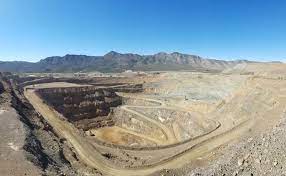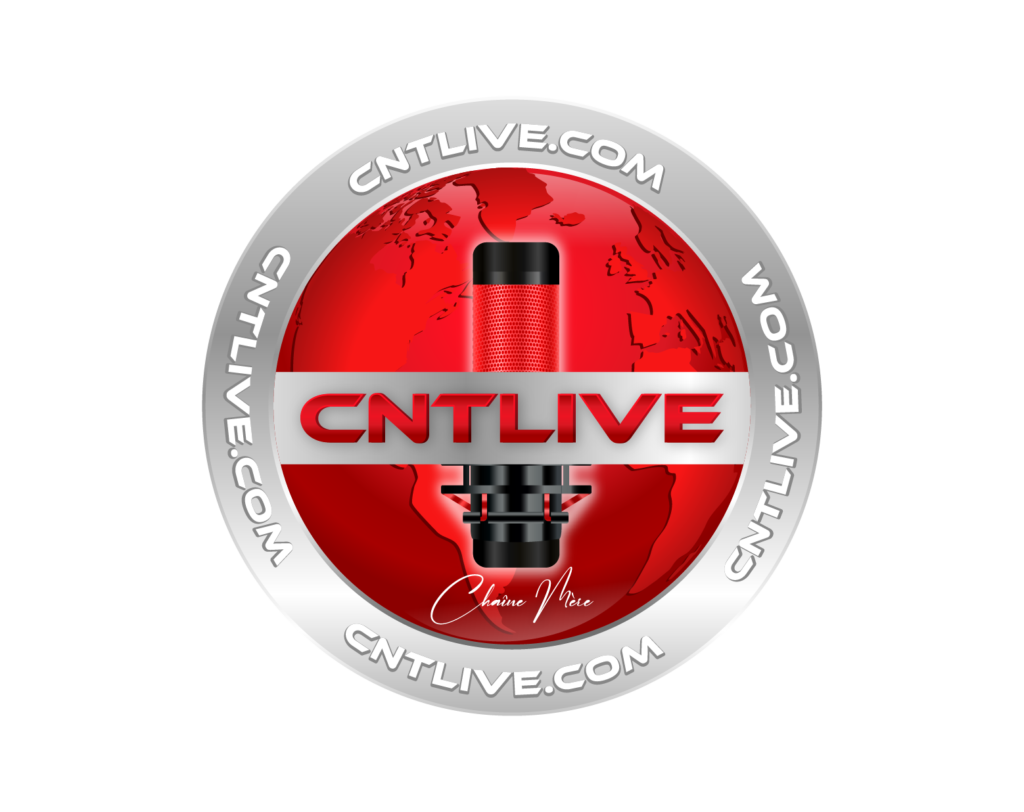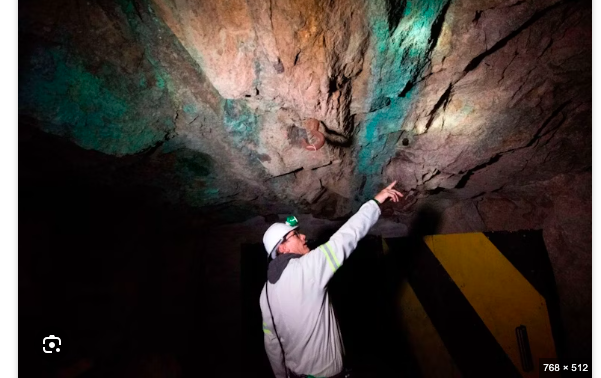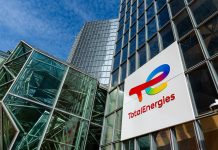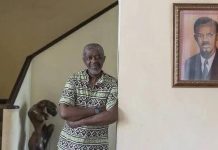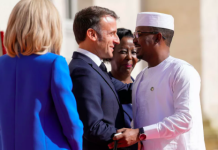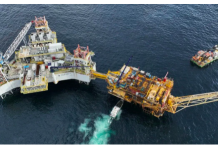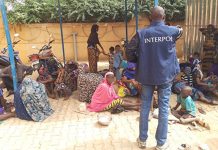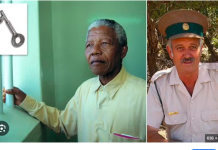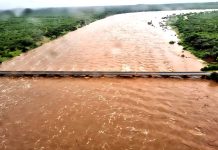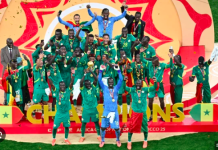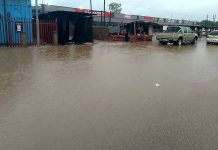
/
RSS Feed
You probably don’t give much thought to the device you’re reading this on — as long as it looks good and works well. But the elements powering it lie at the centre of a global struggle between the world’s two biggest economies — the US and China — with Africa emerging as a key battleground.
The continent is rich in critical minerals such as lithium, cobalt, rare earths and tungsten — essential for manufacturing smartphones, electric vehicles, AI data centres, and even weapon systems.
For years, China has dominated the global supply chain for these minerals. It not only controls significant domestic reserves but also holds stakes in major mining operations abroad, particularly across Africa. Beijing’s grip extends to the processing stage too, giving it leverage over global markets — and rattling Washington with threats to curb exports.
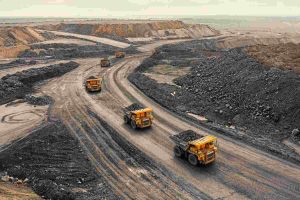
In response, the US has accelerated efforts to secure alternative sources. African reserves are now central to that strategy. In fact, according to Johns Hopkins University’s China Africa Research Initiative, the US quietly overtook China as Africa’s largest foreign investor in 2023 — spending $7.8 billion (£6 billion) compared to China’s $4 billion. It’s the first time since 2012 that the US has reclaimed the top spot.
The drive is being spearheaded by the US International Development Finance Corporation (DFC), a government agency established in 2019 under President Donald Trump. The DFC openly describes its mission as “countering China’s presence in strategic regions.”
One of its beneficiaries is Rwandan mining firm Trinity Metals, which received a $3.9 million grant to expand operations across its three tin, tantalum, and tungsten mines. The company now exports tungsten and tin from Rwanda to processing plants in Pennsylvania.
“The US government has been very supportive of what we’re doing — building a direct supply chain to the United States,” says Trinity chairman Shawn McCormick. He insists the company’s commercial decisions remain independent of Washington’s influence.
Trinity, partly owned by the Rwandan government and Irish investment firm TechMet, says it operates under high environmental and labour standards. “We’ve shown that it’s possible to produce these materials in a conflict-free, child-labour-free way — while paying taxes, protecting communities and creating jobs,” McCormick adds.
